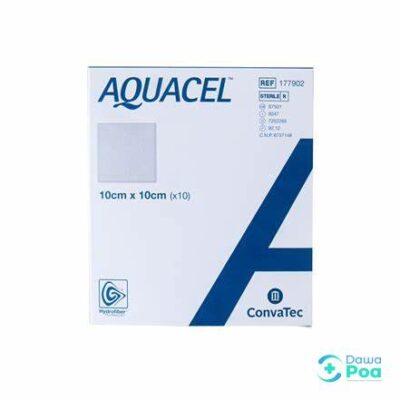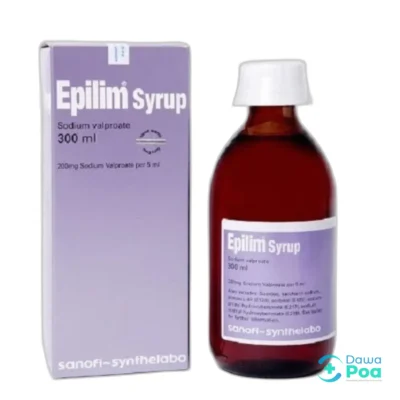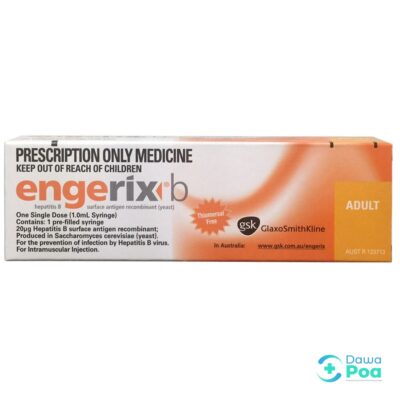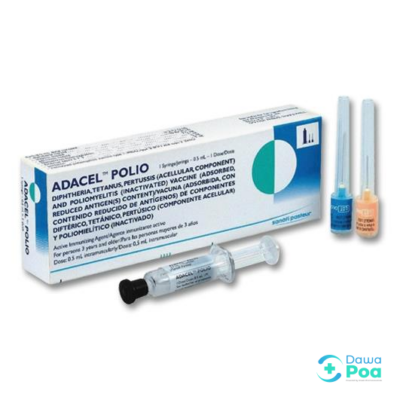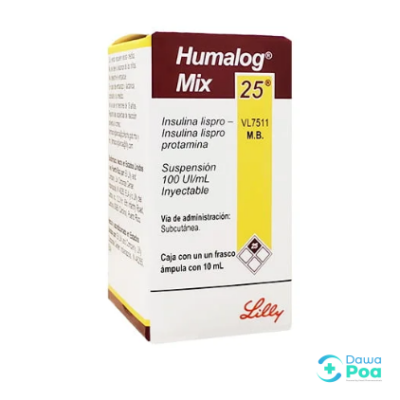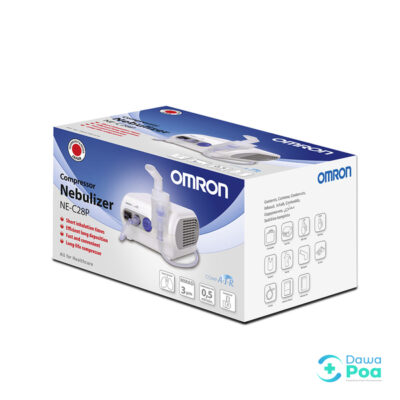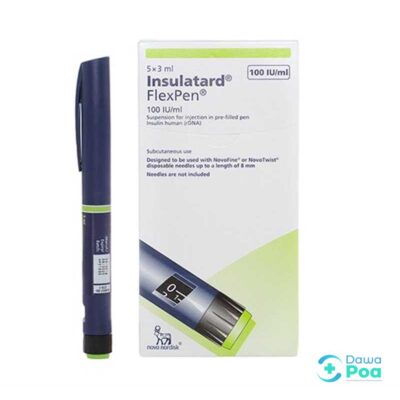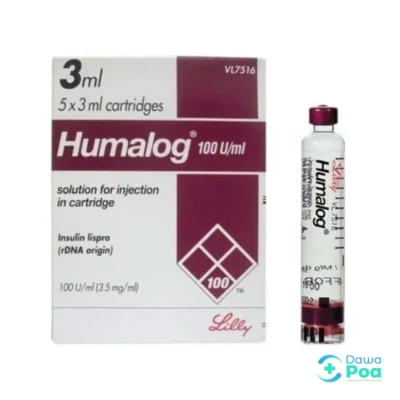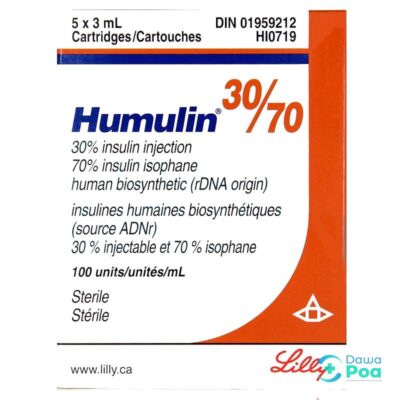Atenolol 50mg Tabs 28’s
KSh 250.00
Atenolol 50mg Tabs 28’s is primarily used to treat high blood pressure and chest pain by blocking certain natural substances from binding to heart and blood vessel receptors. This reduces heart rate, blood pressure, and the heart’s workload. It is often prescribed to prevent heart attacks, manage irregular heartbeats, and improve heart function. Active Substances Atenolol 50mg per tablet.
Anti-Hypertensives
Suggested Use
Atenolol is indicated for:
- Hypertension (High Blood Pressure): Atenolol helps lower blood pressure by reducing the workload on the heart and helping it to beat more slowly and with less force.
- Angina (Chest Pain): It is used to reduce the frequency and severity of angina attacks.
- Prevention of Heart Attacks: Atenolol may be prescribed after a heart attack to improve survival rates and reduce the risk of further complications.
- Arrhythmias (Abnormal Heart Rhythms): Atenolol can help manage certain types of irregular heart rhythms.
- Other Conditions: Sometimes used for anxiety-related symptoms such as physical tremors or palpitations.
Dosage:
- The typical starting dose for hypertension is 50mg once daily. Depending on the individual’s response and doctor’s advice, this dose can be increased up to 100mg per day.
- For angina, the usual dose is 50mg once daily, and adjustments may be made based on the clinical response.
- Heart attack prevention or arrhythmias may require different dosing, often starting with 50-100mg daily, with adjustments made as necessary.
Warning
- Contraindications: Atenolol should not be used in individuals with severe bradycardia (slow heart rate), second or third-degree heart block, severe peripheral arterial disease, or cardiogenic shock.
- Pregnancy and Lactation: Atenolol should be used during pregnancy only if clearly needed and prescribed by a healthcare professional. It can pass into breast milk, so caution is advised for breastfeeding mothers.
- Pre-existing Medical Conditions: Caution is needed in patients with asthma, chronic obstructive pulmonary disease (COPD), or diabetes. Atenolol may mask symptoms of low blood sugar (hypoglycemia) in diabetic patients.
- Side Effects: Common side effects include dizziness, fatigue, slow heart rate, and cold hands or feet. In rare cases, more severe effects like shortness of breath, swelling, or fainting may occur.
- Drug Interactions: Atenolol can interact with other medications, including other blood pressure-lowering drugs, certain antiarrhythmic agents, and insulin or oral diabetes medications. Always inform your doctor about all the medications you are taking.
Always follow your doctor’s instructions for the correct dosage and duration of treatment. Do not stop taking Atenolol suddenly without consulting your healthcare provider, as this can cause worsening of heart conditions.





